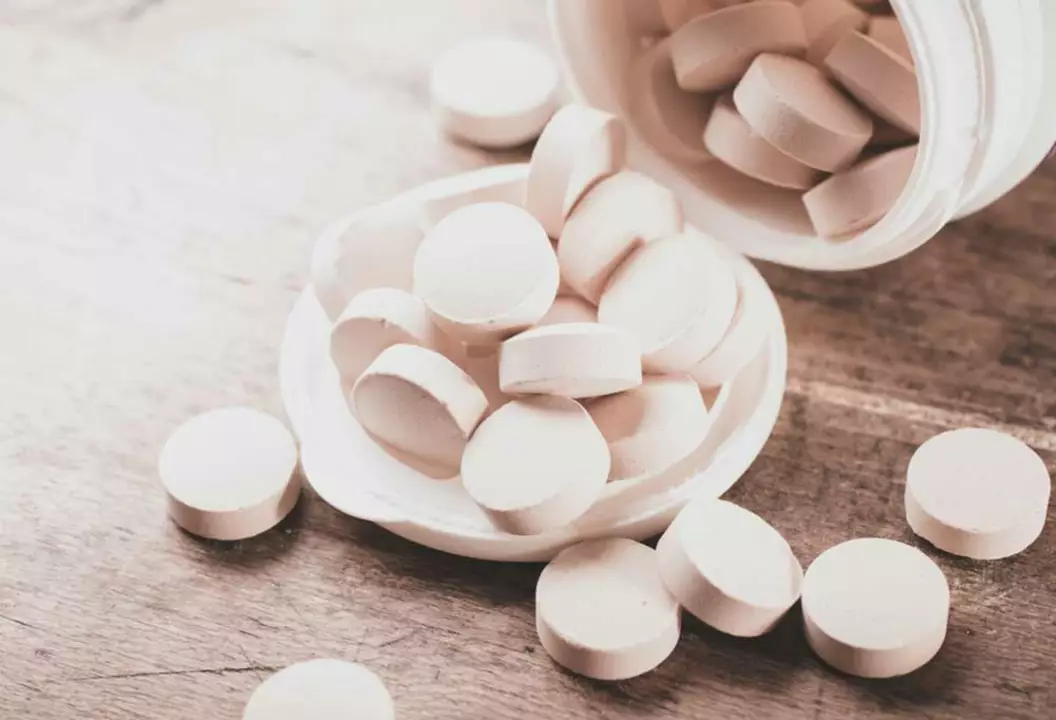Dietary Supplement Industry: Trends, Safety & How to Buy
The dietary supplement industry moves fast. New ingredients, online brands, and marketing claims pop up every month. If you buy vitamins, herbal mixes, or specialty products like Willard Water or Blessed Thistle, you need quick ways to spot what’s legit and what’s hype.
First, understand where products come from. Many supplements are made in big factories, often overseas. Quality varies a lot by manufacturer. A good sign is clear labeling, batch numbers, and a visible address for the maker. If a product hides who made it, treat it with caution.
Trends shaping the market
Personalized nutrition is getting popular—companies suggest supplements based on quizzes or tests. Natural and herbal ingredients remain strong sellers, like walnuts for omega-3s or traditional herbs such as Blessed Thistle. Nootropics, immune support formulas, and specialty waters (some brands market things like Willard Water) are also trending. Online subscription services make repeat purchases easy, but they can also lock you into products you don't really need.
Practical safety checks before buying
Look for third-party testing. Certifications from groups like USP, NSF, or independent labs mean someone else checked the product. If you see a lab report on the site, read the date and batch number. Check ingredient lists carefully. Supplements sometimes include fillers, banned substances, or higher doses than advertised. If the label uses vague terms like "proprietary blend" without exact amounts, that's a red flag.
Think about interactions. Supplements can change how prescription meds work. For example, herbal supplements may affect blood thinners or antidepressants. If you’re on medication, ask a pharmacist or doctor before adding anything new. Also watch dosing—more is not always better. Follow recommended amounts and stop if you get side effects.
Marketing claims matter. Any product promising a miracle cure, rapid weight loss, or disease treatment is probably overselling. Legit supplements can support health but won’t replace medical care. Claims that sound scientific but offer no references should make you pause. Look for studies cited by reputable journals, not just testimonials.
Buying online is convenient but risky. Check the seller’s reviews, return policy, and shipping practices. Established sites and pharmacies usually follow better standards than faceless marketplaces. If a price looks too good to be true for a high-cost ingredient, it probably is.
Want quick tips? 1) Choose products with clear labels and third-party seals. 2) Research the ingredient and check for interactions. 3) Buy from reputable sellers and keep packaging in case you need to check batch details. 4) Start with low doses and monitor how you feel.
Our site covers product reviews, ingredient guides, and real user diaries—like articles on Willard Water, Blessed Thistle, and English walnuts. Browse these posts to get real-world context before you buy. If something sounds confusing, ask a pharmacist or post your question on a trusted forum—don’t guess.
In recent years, Pata De Vaca has been making waves in the dietary supplement industry, and I couldn't help but take a closer look. This incredible plant, native to South America, is known for its remarkable health benefits, particularly in managing diabetes and promoting weight loss. As I delved deeper into this phenomenon, I discovered that Pata De Vaca's unique compounds help our bodies regulate blood sugar levels and assist in proper digestion. Furthermore, its antioxidants and anti-inflammatory properties contribute to overall wellbeing. It's no wonder that Pata De Vaca is revolutionizing the dietary supplement industry, and I'm excited to see what's next for this game-changing ingredient.

